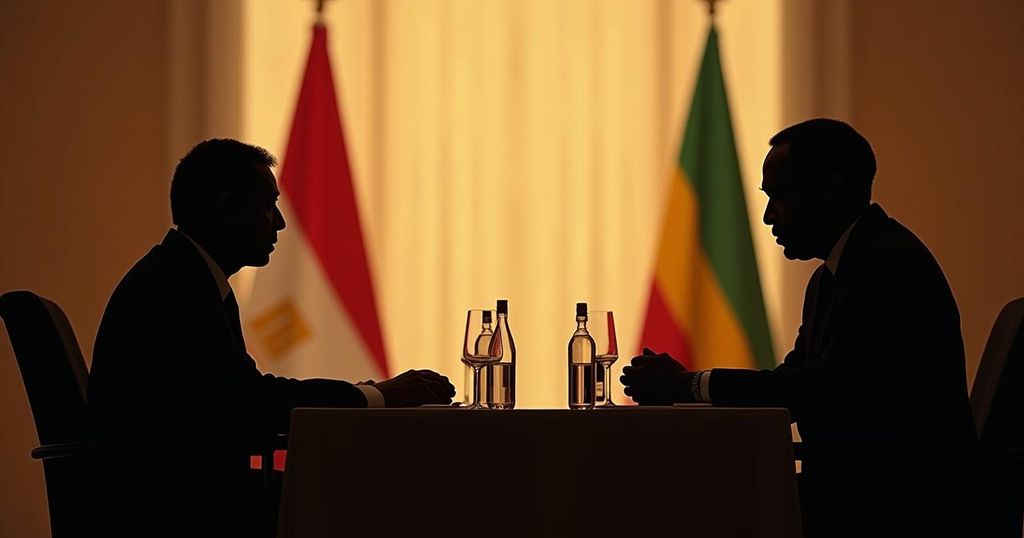Brics Stalemate: Egypt and Ethiopia Oppose Joint Statement Amid Security Council Aspirations

The recent Brics foreign ministers’ meeting in New York did not yield a joint statement, marking a significant impasse for the group since its establishment. The new members expressed hesitance to support existing members’ aspirations for permanent UN Security Council seats, leading to a stalemate on key issues such as the Middle East conflict and economic collaboration.
The recent meeting of Brics foreign ministers, held on the sidelines of the United Nations General Assembly in New York, concluded without achieving a joint statement for the first time since the group’s inception. This outcome highlights the growing challenges in reaching consensus among member nations, particularly in light of the recent expansion of the bloc with the addition of new members. The meeting was anticipated to generate a comprehensive statement addressing a range of vital topics, including the ongoing Middle East conflict, discussions regarding the establishment of a common currency, and initial negotiations concerning the accession of additional countries to the Brics bloc, with a summit scheduled for October in Kazan, Russia. However, reports indicated that the meeting ended in a deadlock, particularly due to the reluctance of new members to endorse the ambitions of India, Brazil, and South Africa for permanent seats on the UN Security Council, a stance previously stipulated by Indian and Brazilian diplomats during the bloc’s expansion discussions.
Brics, which comprises Brazil, Russia, India, China, and South Africa, is a coalition of major emerging economies aimed at fostering economic cooperation and political collaboration. In recent years, the group has sought to expand its membership to increase its global influence. However, the inclusion of new members has proven complex due to differing priorities and positions among the countries involved. The aspiration of the founding members to secure permanent seats on the UN Security Council adds another layer of complexity, as the new entrants must navigate their existing international commitments while considering Brics’ collective goals.
The failure to produce a joint statement at the Brics foreign ministers’ meeting underscores the difficulties the group faces in achieving unity amidst expanding membership. The divergent interests of member nations, particularly surrounding the contentious issue of UN Security Council reform, pose significant challenges to the cohesion of the bloc. As the Brics nations continue to evolve, the need for effective dialogue and negotiation will be crucial in advancing collective interests and maintaining the group’s relevance on the global stage.
Original Source: www.scmp.com








